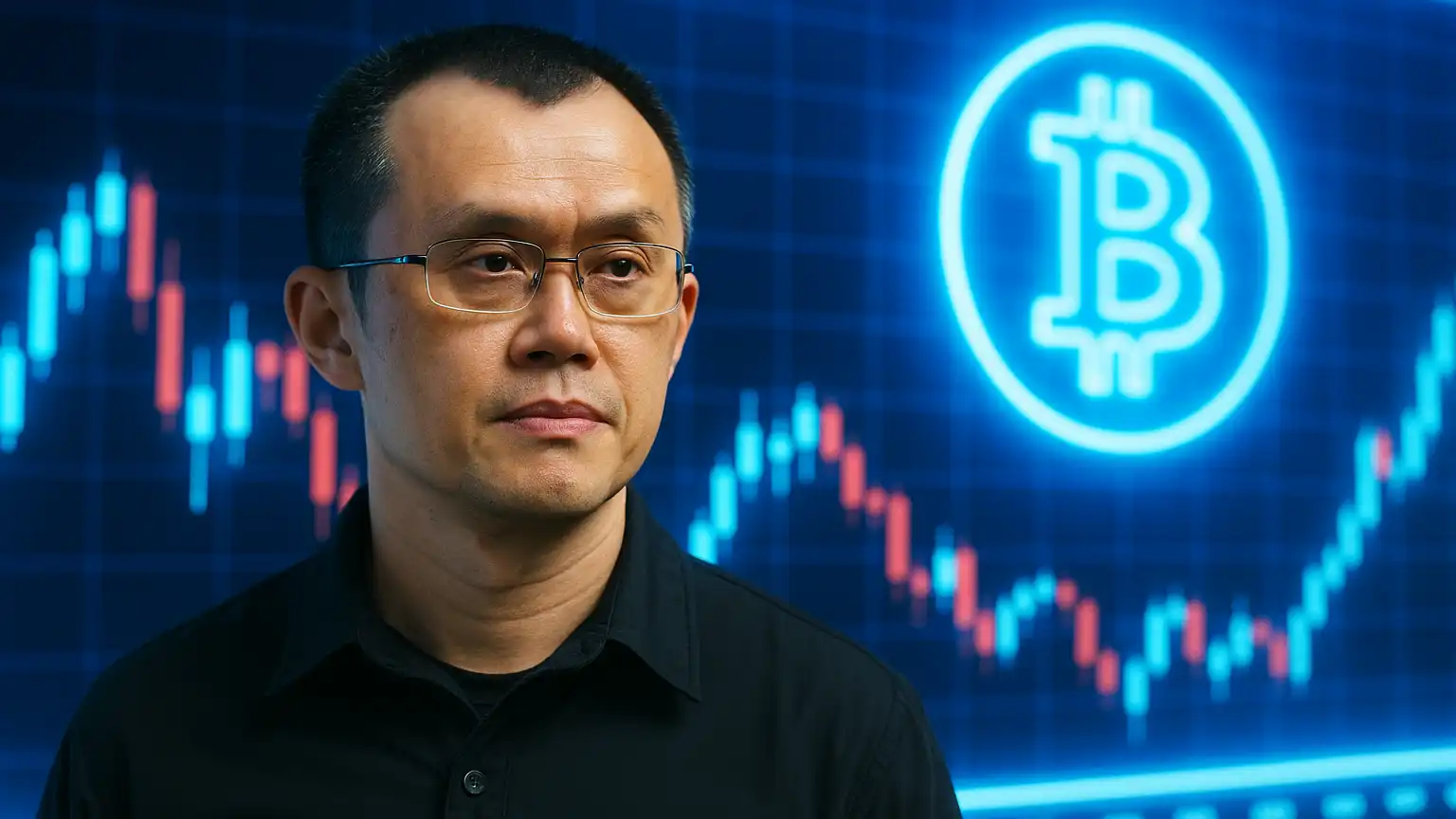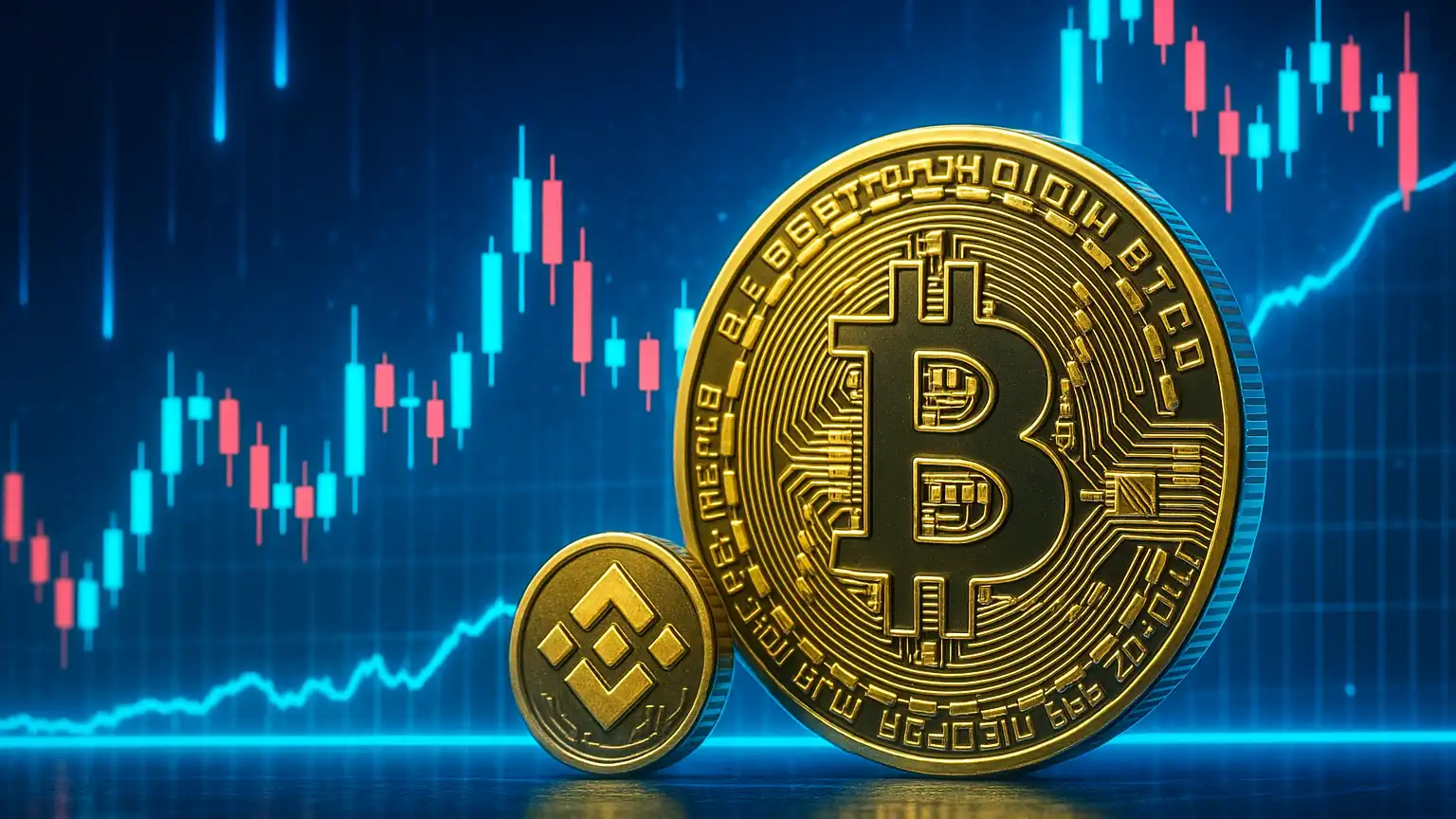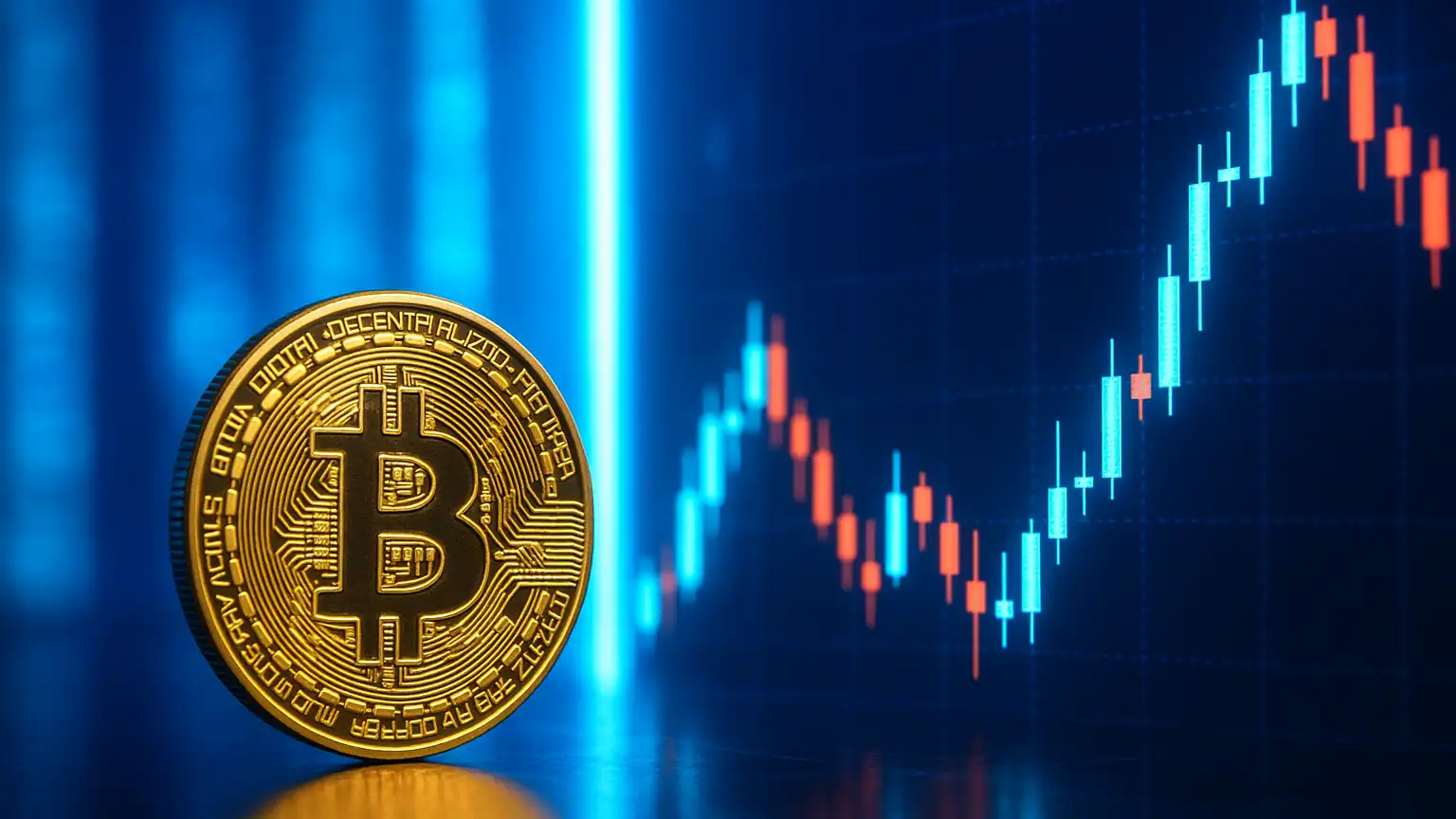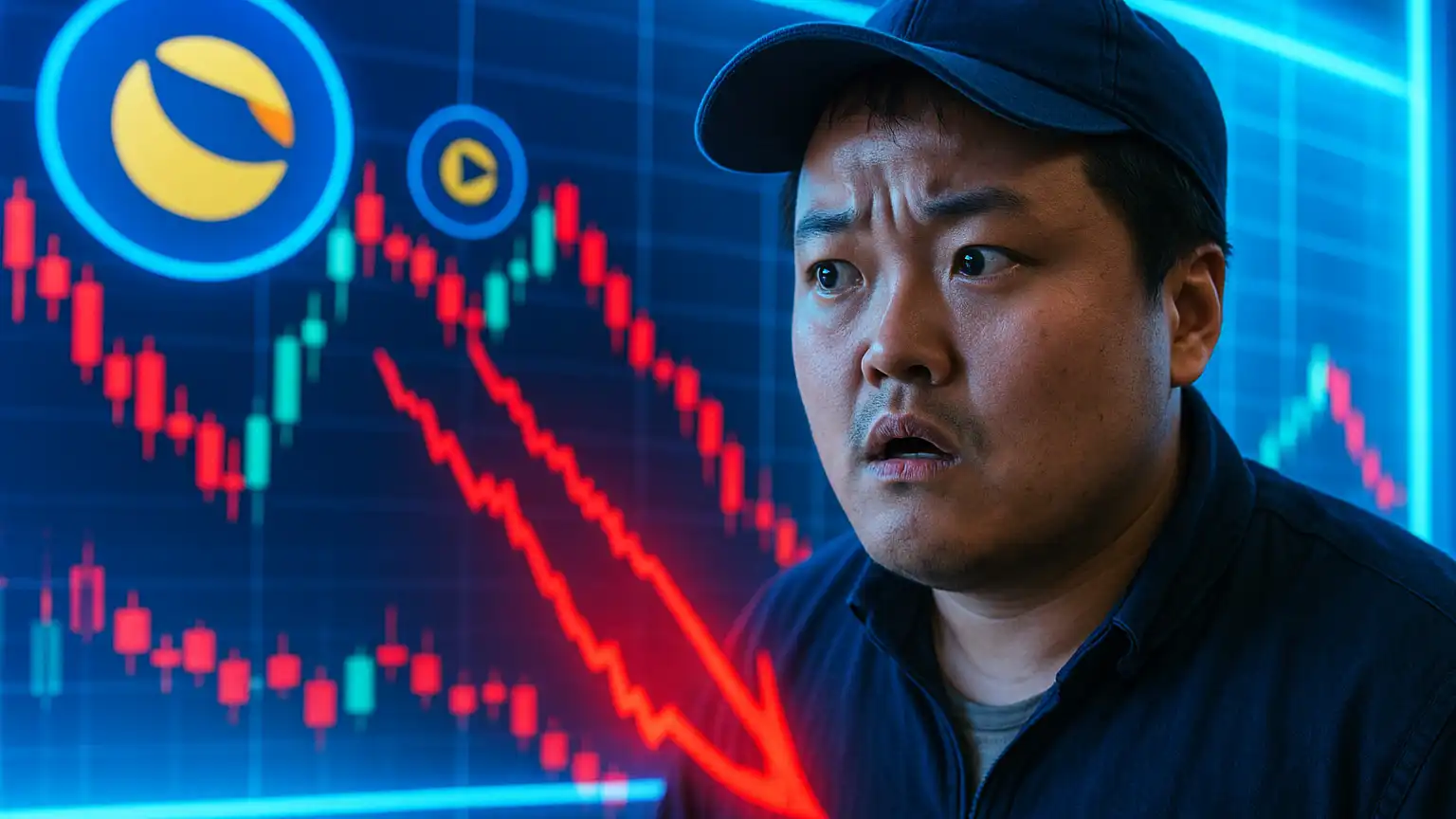Changpeng Zhao’s Pardon: A Turning Point in Regulatory Oversight of Cryptocurrency
The Presidential Pardon: A Decoding
Changpeng Zhao, the prominent founder of Binance, recently became the focal point of a tumultuous discussion following a presidential pardon he received. This development has stirred waves within the cryptocurrency realm, primarily because of the implications it holds for the industry’s regulatory framework. Zhao’s lawyer, Teresa Goody Guillén, in a revealing interview on a well-known podcast led by Anthony Pompliano, laid bare the intricacies surrounding this high-profile pardon. The case highlights not only Zhao’s specific journey through the judicial system but also how cryptocurrencies like Binance are positioned in the world of finance, amid growing scrutiny and misunderstanding.
Understanding the Reason for the Pardon
Much has been speculated regarding the necessity and legitimacy of the pardon granted to Zhao. Guillén explained that the accusations against Zhao pertained to regulatory compliance, not overt criminal activity. This distinction is crucial as it illuminates the broader context of how regulatory oversights occur and are handled in different jurisdictions. The advocacy Guillén provided serves to highlight an inherent deficiency in the system which often misinterprets the role and functioning of cryptocurrency exchanges. Zhao’s pardon was intended to correct this misinterpretation, spotlighting that he was unjustly caught in the quagmire of stringent regulations that often straddle the blurred lines between legal and illegal oversight.
Mechanisms Behind the Presidential Pardon
The act of granting a presidential pardon is steeped in extensive procedural rigor, involving various segments of the government apparatus, and cases like Zhao’s gain attention when mounted on public platforms. Guillén elaborated on the exhaustive review processes that evaluate such applications. The Department of Justice, Office of the Pardon Attorney, and the White House Counsel all scrutinize the complexities, ensuring any pardon is rooted in solid legal groundwork rather than speculative politics. This cautious and methodical process diminishes claims of favoritism or hidden agendas, reinforcing the notion that Zhao’s pardon was genuinely predicated on principle rather than expedience.
Public Perception and Media Narratives
The narrative surrounding Zhao’s pardon has been characterized by a flurry of media coverage, much of which, according to Guillén, is speculative and misaligned with reality. Mainstream media’s portrayal arguably spurred a controversy marked by misunderstanding, further complicating public perceptions of both Zhao and the larger cryptocurrency sector. Guillén criticized certain media outlets for projecting misleading conjectures that vilify Zhao, underscoring that the public dialogue is often shaped more by sensationalism than fact. As she pointed out, this case exemplifies the influence media narratives hold over public opinion, with far-reaching implications for how cryptocurrencies are viewed and regulated.
Banks, Blockchain, and Binance: Navigating Legalities
In the aftermath of Zhao’s pardon, one significant fallout has been the continued operational restrictions imposed on Binance by U.S. regulatory bodies. The global exchange giant faces stipulations from entities such as the Commodity Futures Trading Commission and the Department of Justice, which affect its ability to fully engage with the American market. These restrictions point to an enduring challenge within the regulatory landscape where compliance measures are still evolving to catch up with the rapid pace of blockchain-driven innovations.
Regulatory Constraints on Binance’s Expansion
Binance has grown to become a colossal entity within the cryptocurrency space, but its ascension has brought about intricate legal wrangles. Despite the presidential pardon clearing Zhao’s name, U.S. regulators maintain that certain conditions need to be amplified in protecting consumers and maintaining the economic ecosystem. The heightened legal scrutiny is a testament to the complexities involved in ensuring security and compliance in a field characterized by constant technological advancement, rapid change, and volatility.
Implications for the Crypto Space
The repercussions of this situation transcend beyond Zhao and Binance. They provoke a broader discussion on how regulations might evolve to foster innovation without stifling growth. Regulators might derive insights from Zhao’s case to better calibrate laws that align with present-day financial systems’ demands. The focus must stay on creating comprehensive regulatory frameworks that encompass the dynamism of cryptocurrencies while protecting economic integrity.
Strategic Responses from Binance
Amidst these challenges, Binance continues to assert its position through strategic adaptations and compliance enhancements. By recalibrating operational strategies and embracing more robust compliance mechanisms, Binance aims to reshape its U.S. interactions positively. These measures ensure that the company remains a trailblazer in cryptocurrency innovation while adhering to evolving legal requirements necessary for its expansive market presence.
Conclusion
The presidential pardon of Changpeng Zhao injects a fresh perspective into the regulatory dialogue encircling cryptocurrency exchanges. As Binance navigates through the differing tapestries of global financial laws, the situation underscores a pressing need for definitive legal clarity. This case could set a precedent, potentially redefining the landscape for regulatory interventions in crypto-space while showcasing what balanced integration of law and innovation could achieve for future financial frameworks.



